In the vast majority of the management courses we can hear a lot of messages addressed to the executives talking about the excellence and competitiveness of the organizations in the global economy including the meaning of social responsibility, human capital, quality, strategy, innovation and knowledge management. But on top of this message there is one mentioned very often, the leadership. In my opinion this is really a fashionable word, this post is about my reflection if sometimes we are suffering excessive leadership.
The question is the managers/executives have to catalyze the performance of the areas under their responsibility with a satisfactory working environment. We may call this as leadership but I would say that bosses and subordinates feel as such or better to say like executives and collaborators. It does not seem some feel like real leaders and the others followers but it could be considered as the leadership of subordinates, the so-called human resources displayed after achieving the desired outcome and fostering the best possible working environment.
Although the relationship is obviously hierarchical the above mentioned fashionable word is very common above all in the human resources scope. In my opinion we should start avoiding the “label” human resources and assume that you are a leader by the decision-choice of your followers instead of being a leader because you are the boss or you have attended to a seminar of leadership. To explain it a little bit more, just think about creativity where it depends on we are perceived as creative people and not because we have attended to creativity seminars. But the truth is there are a lot of talks about leadership and human resources but if we talk about resources the right word would be “managing” instead of “leading”.
This particular leadership can be exerted, of course, with different management styles, based on corporate culture, based on the personality of the individuals. Apart from the alterations of the professional values and competence shortage that can be found in the senior leaders/executives we could also focus some distress in their behavior probably due to the stress, anxiety, obsessions etc. In this context of this behavior “disorder” I would also add some level of excess of leadership. It is likely I could be wrong but sometimes I think that some leaders guided by this fashionable word or due to the excess of reading books about leadership or even by attending too much leadership courses or conferences they are overacting and assuming an excessive prominence.
Needless to remember that the leader to some extent is the superhero of the literature about management and that a lot of consultants, coaches and lectures are settled in the leadership skills as the essential quality of the senior executive.
Sometimes, I honestly think there is an excess of leadership and between all this worrying some kind of delirium. It is likely some leaders will be successful in the head. I cannot generalize but I read a lot of books on the subject during my career and I can remember striking statements. For example, the leader has to conquer the intelligence, the wish and the emotions of the followers. Another example, the leader is the one who achieves people do what they have to do. And the last example, managing people is difficult because they have sex, age and character. My conclusion on the above is that some authors think the leader is the hero and the followers are pure mediocrity. I could be wrong in my conclusion, apologize for it.
I also think the balance, moderation and common sense is the most common scenario. However, there may be some cases where some leaders, under questionable influences, show a behavioral distress with the following indications:
• Permanent instructions and controls in the people management that remember the “old foreman style”.
• Tendency to ignore the knowledge, initiative, ideas, opinions, merit, expectations and even the needs of the subordinates.
• Tribute to the own ego and the appearances which leads to the inability to recognize errors or lack of competences and accept criticism.
• Excess of self-esteem and sense of being indispensable and infallible utilizing the rest of people as mere resources.
• Exaggeration about the past achievements and lack of realism to formulate new goals.
• Desire to impose beliefs, values, feelings and habits in his/her collaborators beyond the desirable alignment of efforts.
• Manipulating practices such as promises, motivating pep talks, lies, encouragement of dependency, “smoke screens”, etc.
But the question is why this excess of leadership? In my opinion there are different reasons.
A lot of young executives/leaders attend to training and development programs where they claim a special talent, a promising future where they are requesting to take risks without fear of failure, being optimistic and positive. Where the need and relevance of leadership is emphasized and where they are told, in many cases, that without leadership the efforts of the teams will not deliver results. Maybe a dangerous adulation.
What is then the fair point of leadership? The vast majority of leaders seem to know it, but in this context, I would say it is the one in which the leader forgets his/her condition of leader and, conversely, the subordinates feel themselves followers.
The final question would be, is there a treatment for the excess of leadership? The reply is probably there is but it would go through the detailed review of the mental models. But the fact is that some leadership training courses do not neutralize the “disorder” but foster it. Some cultures and management styles do not neutralize it either. Based on that the excess of leadership is frequently irreversible and the best would be to prevent it. Prevent it very carefully and with attention so that “the frog would not boil”. We need to insist that any artificial enhancement of the executive/leader could generate a dose of inhibition of valuable abilities in the subordinates/collaborators.
The q









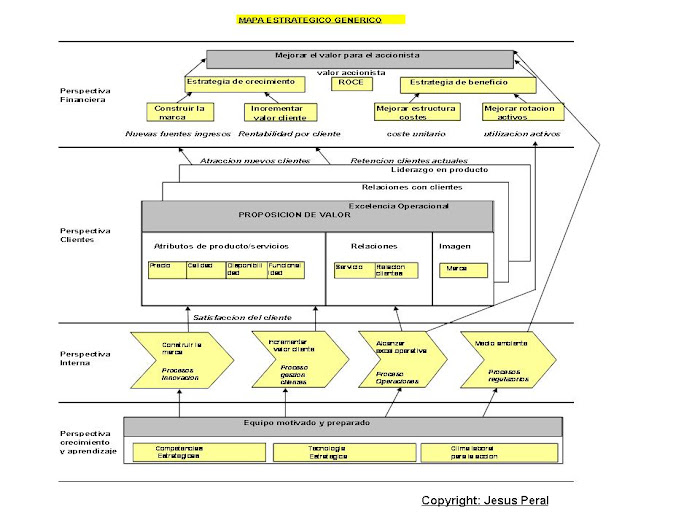

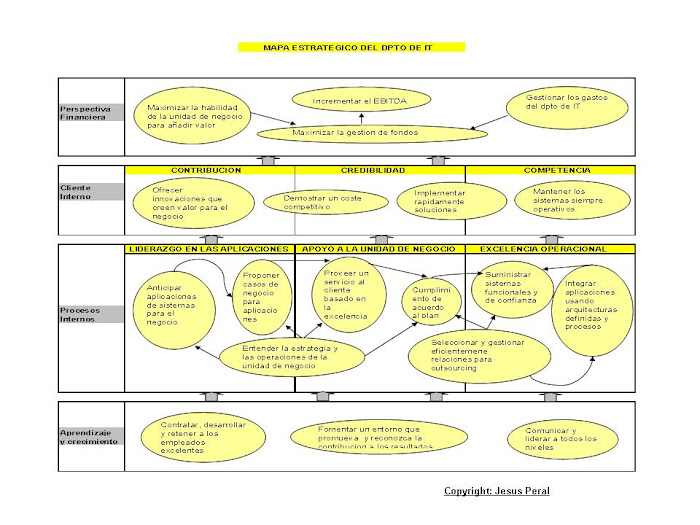
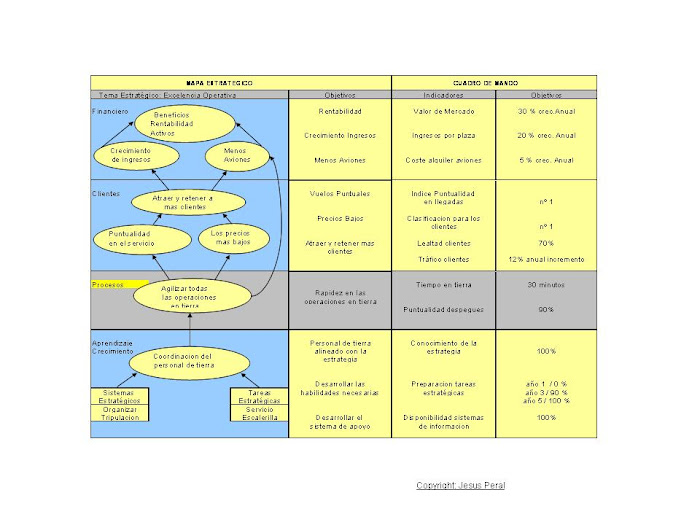
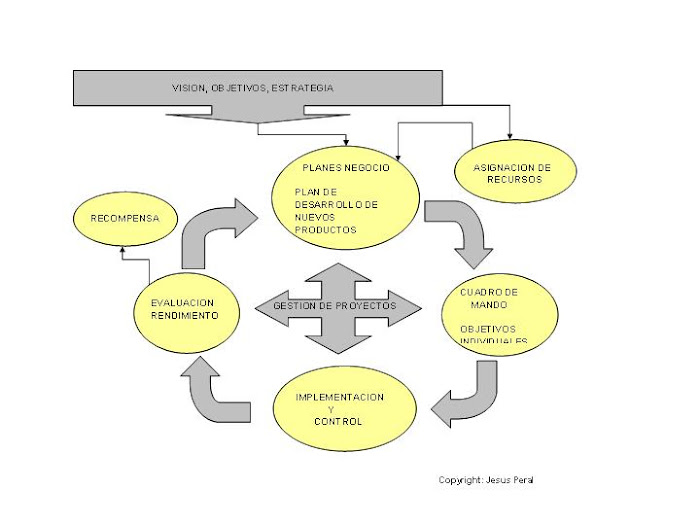

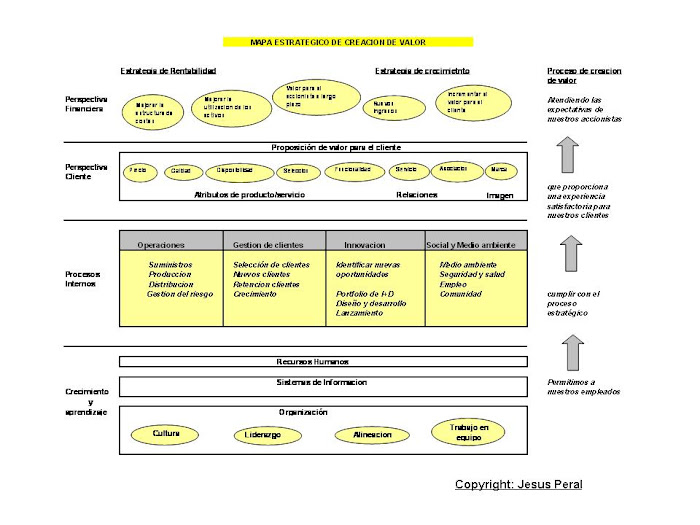








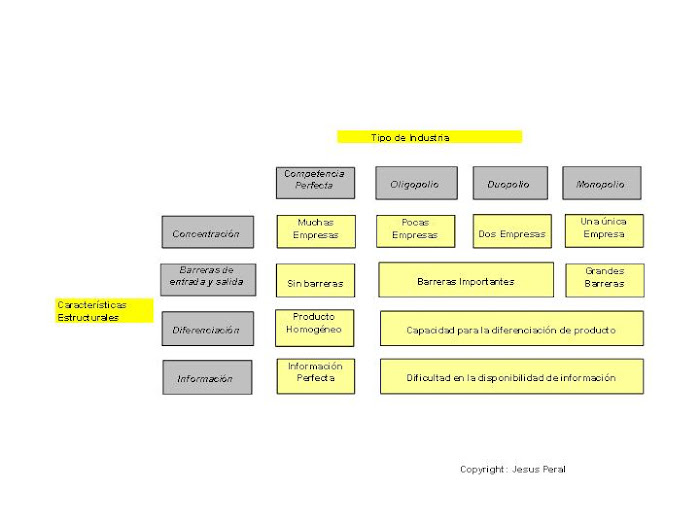

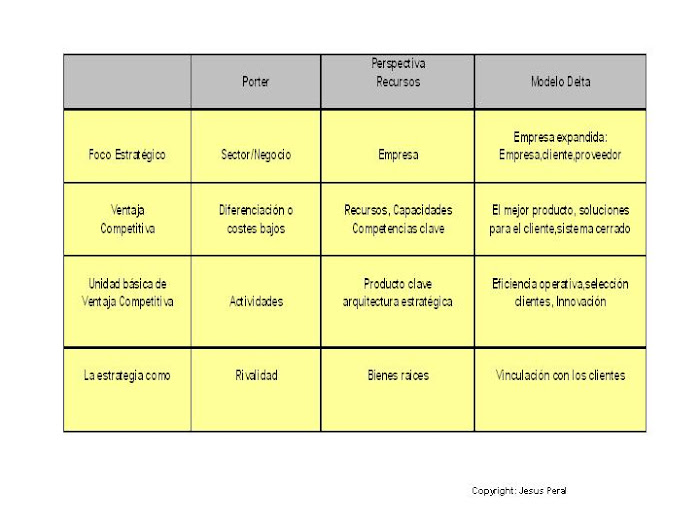
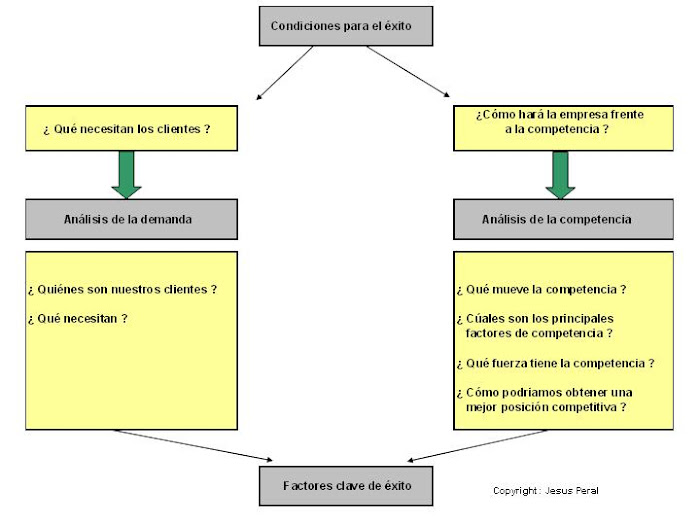
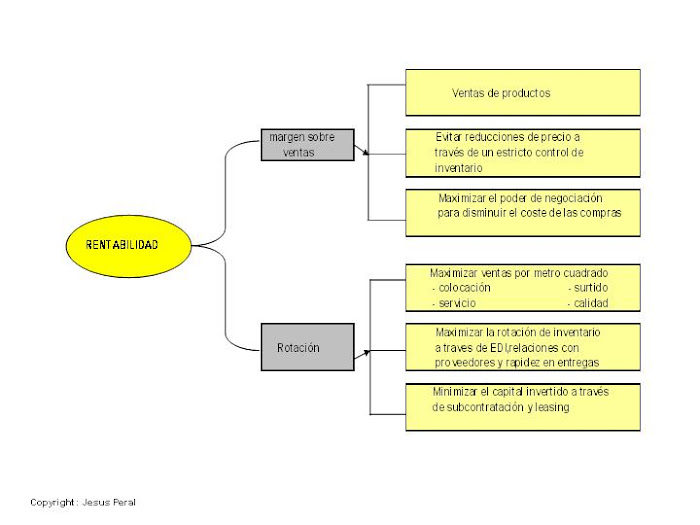





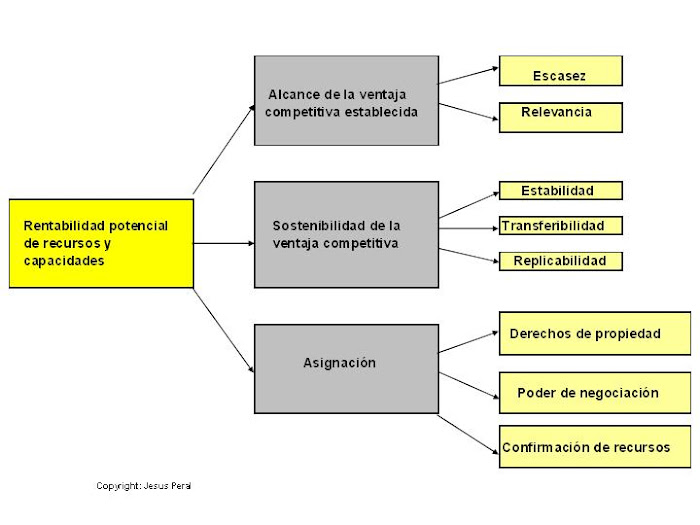



































No hay comentarios:
Publicar un comentario